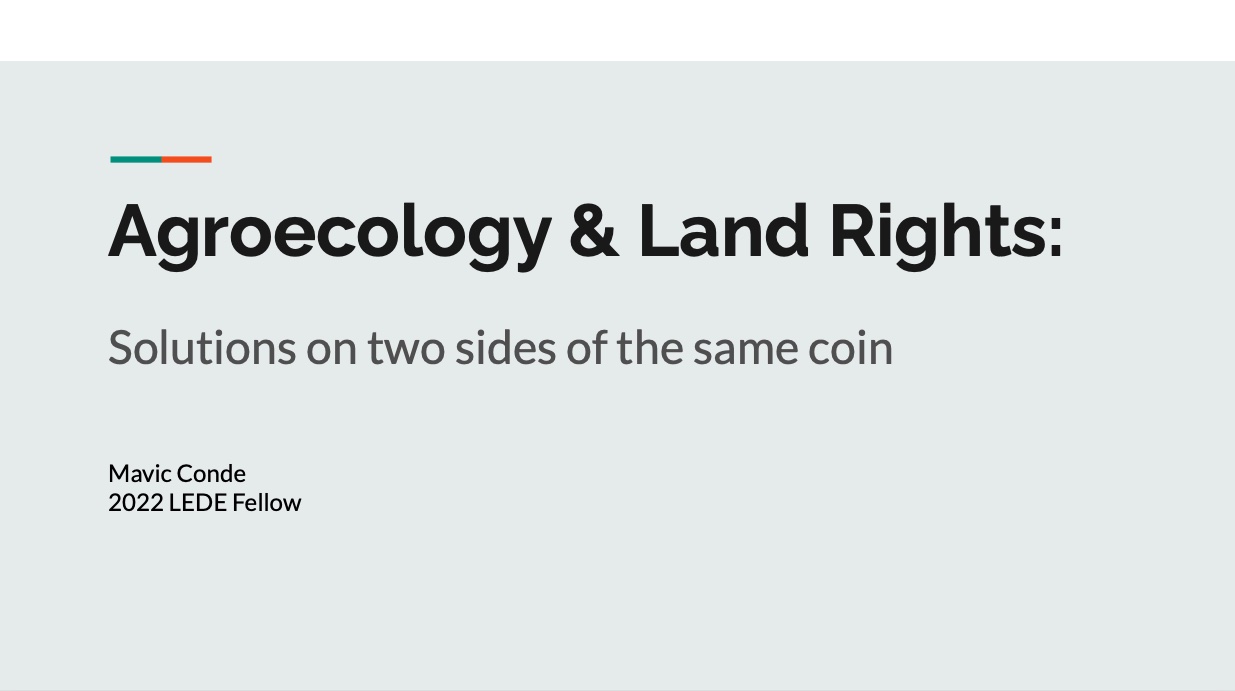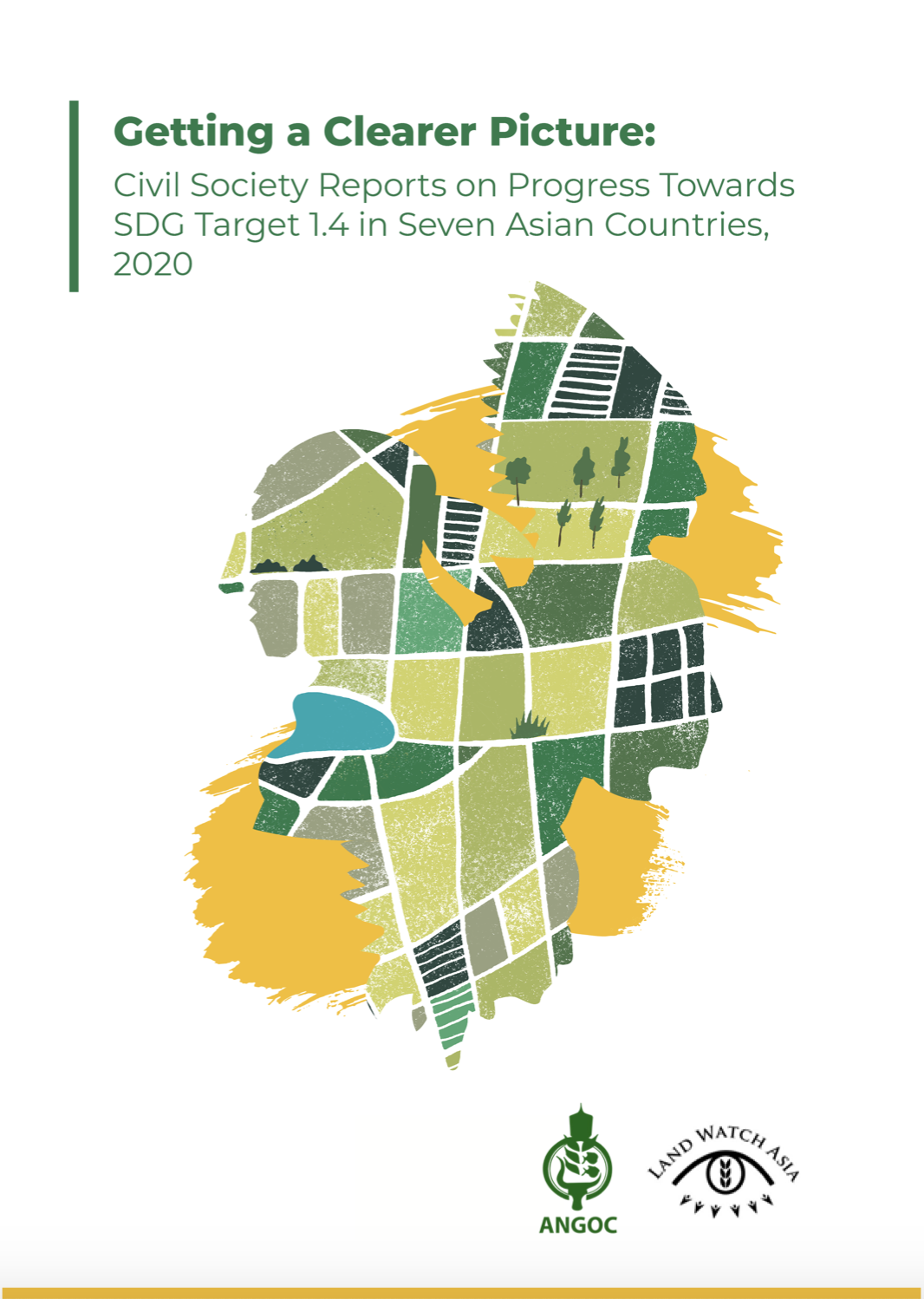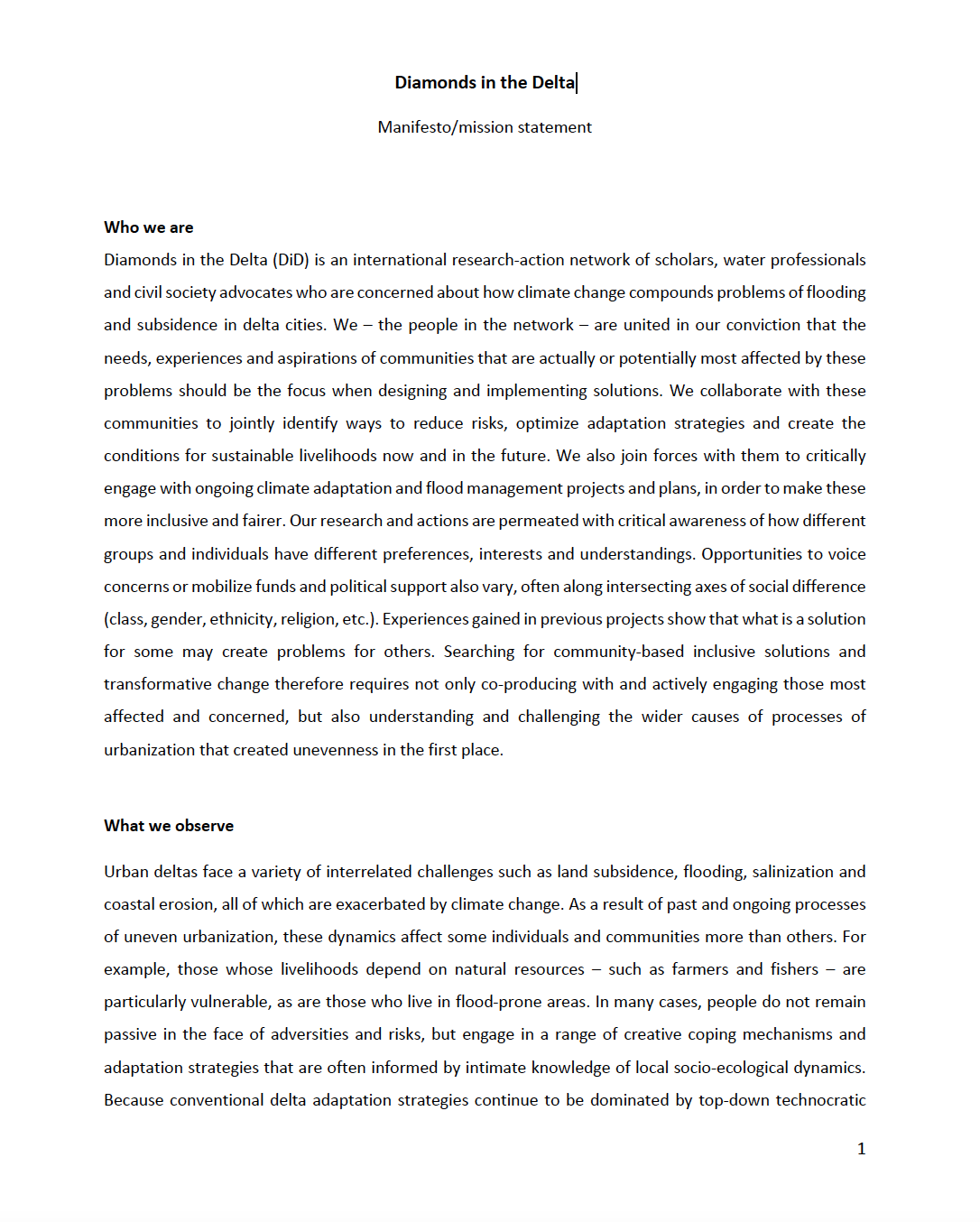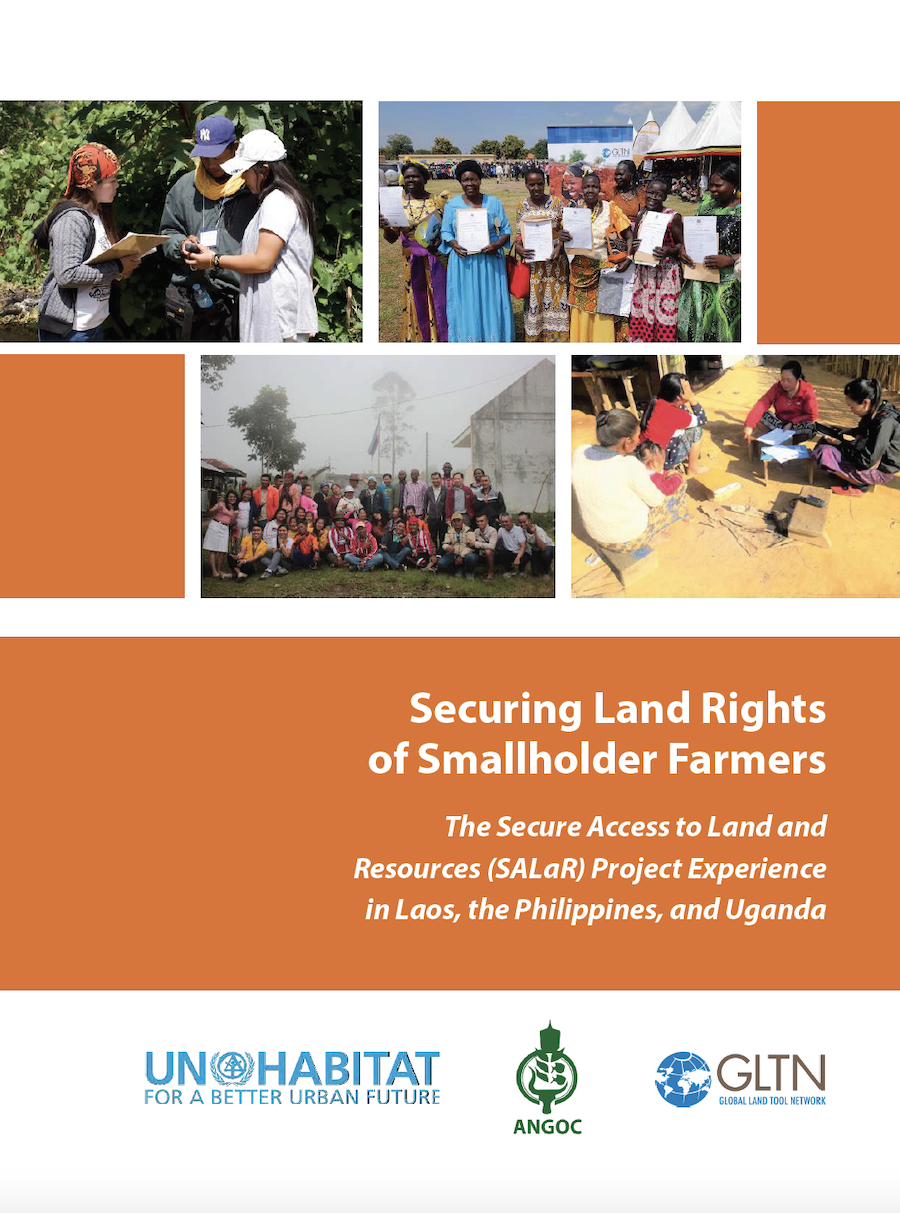In combination with political, cultural, and economic factors, issues related to environmental resources and the management of land have played a crucial role in driving conflict in Mindanao. Climatic stressors and shocks are altering food, land, and water systems, and driving important…
In March 2014, the Government of the Philippines and the Moro Islamic Liberation Front signed the Comprehensive Agreement on the Bangsamoro, which intended to end an armed conflict that had endured for decades. As has been widely recognized, issues related to environmental resources and the…
Mango (Mangifera indica L.) is a tropical fruit with a unique flavor and high nutritional benefits. It is considered the most important fruit crop in the country based on its high export volume and value, next to banana and pineapple (Department of Agriculture, 2013). The 'Carabao'…
Assessing the suitability of different crops in specific geographic locations is crucial for optimizing crop productivity, promoting climate resilience, and guiding land use decisions. This study assessed the biophysical suitability of rice, watermelon and maize in the Ganges Delta, one of the…
Rice-based production systems in the Philippines play a crucial role in food security and are highly vulnerable to climate-related risks such as flooding, drought and high temperatures. CGIAR’s Research Initiative on Climate Resilience (ClimBeR) has been conducting activities to increase the…
All sectors have been introduced to vulnerabilities resulting in lower food availability and accessibility during the COVID-19 pandemic. This study aimed to determine the vulnerability drivers of food systems in the Philippines during the COVID-19 crisis and how the actors were able to adapt to…
This powerpoint presentation explains how the Solutions Journalism approach is applied on the reporting of agroecological initiatives in the Philippines and their relation with land rights issues. The presentation was given at the <a href="…
Target 1.4 of the UN Sustainable Development Goals (SDGs) seeks to ensure that “all men and women, particularly the poor and vulnerable, have equal rights … to ownership and control over land and other forms of property.”
This target’s inclusion under SDG Goal 1, on “ending poverty in all…
Building Systemic Resilience against Climate Variability and Extremes (ClimBeR) is a Climate Resilience Initiative of CGIAR which aims to transform the climate adaptation capacity of food, land, and water systems in the Philippines and 5 countries in Africa (Kenya, Morocco, Senegal, and Zambia)…
Land use planning is rarely a neutral process. Stakeholders often use it to control access to, ownership
of and use of land. It is therefore essential to have a participatory tool (with constantly counterchecked processes) and flexible monitoring approaches to ensure sustainable land use…
Diamonds in the Delta (DiD) is an international research-action network of scholars, water professionals and civil society advocates who are concerned about how climate change compounds problems of flooding and subsidence in delta cities. We – the people in the network – are united in our…
This report summarizes the background, achievements and emerging outcomes of the Securing Access to Land and Resources (SALaR) project implemented towards improving land and natural resources tenure security for rural poor smallholder farmers, including women, men, youth and vulnerable groups in…






